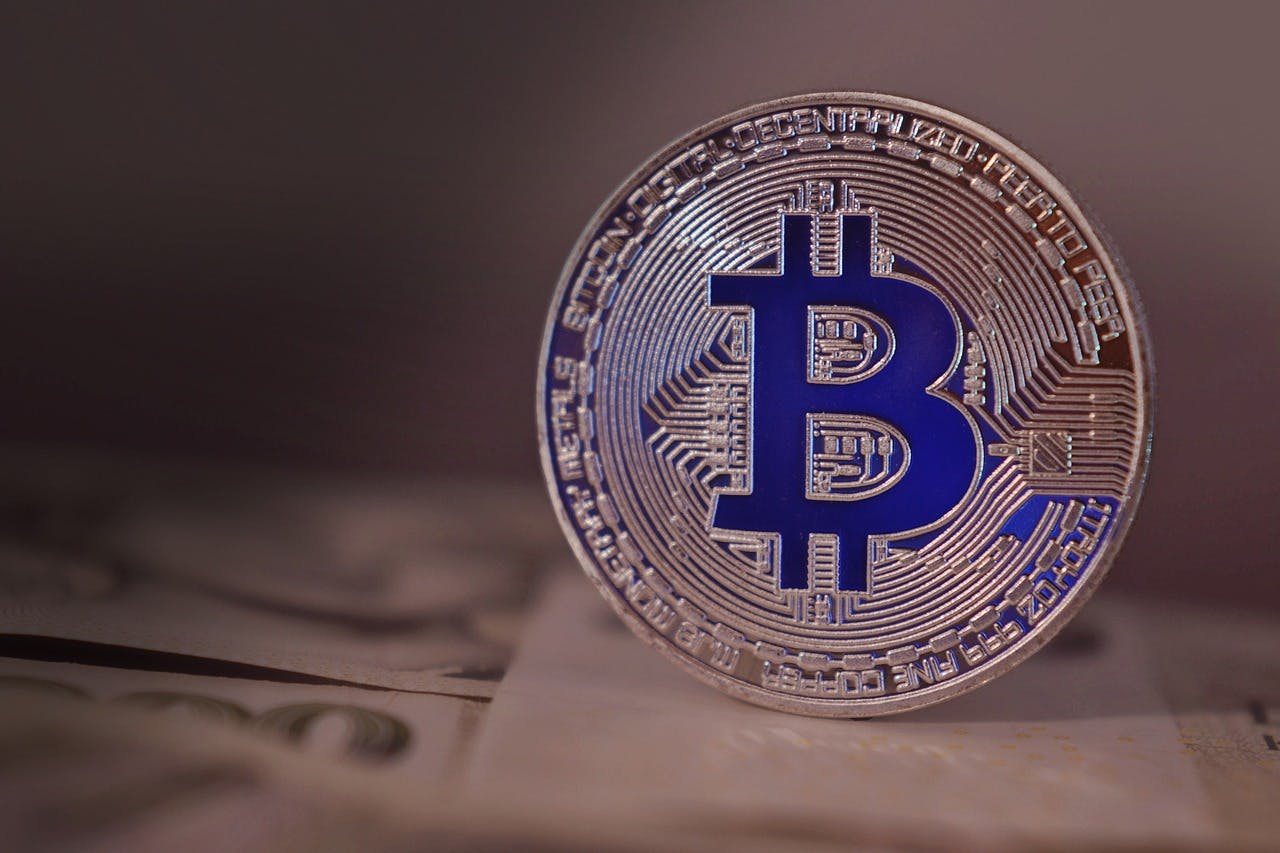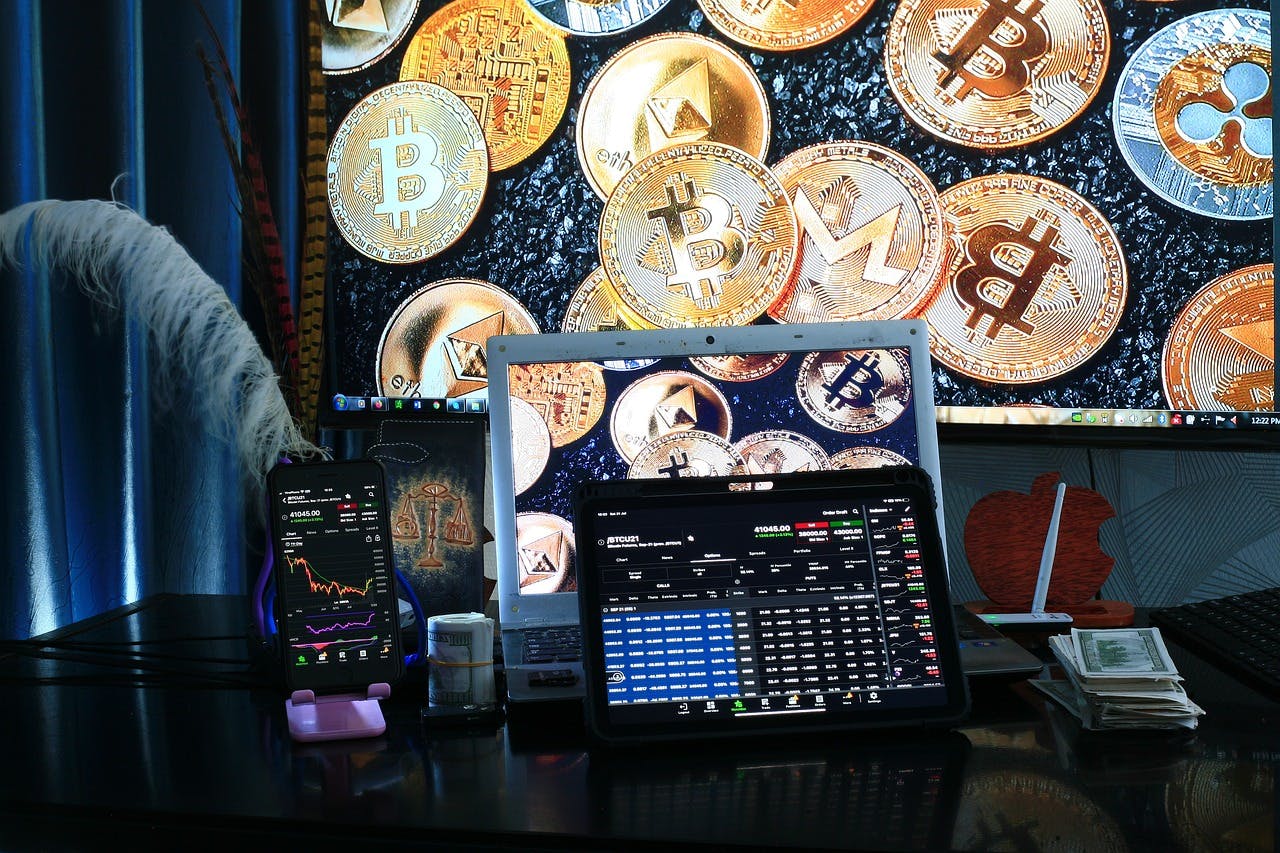Article
Bitcoin in Iceland – Mining, trading and the future
Iceland is a country of impressive beauty. Its inhabitants are known for their friendliness, their wilfulness and their creativity, but also for their incredible resilience. Their innate ability to overcome the most impossible obstacles and not only survive but thrive is remarkable. How do Icelanders deal with Bitcoin in Iceland?
Since the first settlers arrived on this volcanic rock in the middle of the Atlantic, they have fought a hard battle. Over the past 1000 years, the Icelandic population has been almost completely wiped out several times by famine, plague and natural disaster.
Their fortunes began to turn in the last century, when they went from being one of the poorest countries in Europe to what seemed to be the latest prodigy in the world of finance and economics… then came 2008.
The Global Financial Crisis (GFC) shook Iceland and almost completely crippled its economy.
Despite the devastating effects of the crisis, the government's efforts only just managed to prevent national bankruptcy. Almost every inhabitant was affected by the situation. In the worst week, the stock market suffered a 96% drop in value, pensions fell by up to 25% and inflation spiralled out of control. Several local businesses were forced to close their doors.
The banks were nationalised and the locals took to the streets to protest. They demanded the resignation of many top politicians and reforms to help the country get back on its feet. Eventually they were heard and new laws were passed.
Years passed and Iceland slowly began to build its economy from the remnants of the financial crisis. More than a decade later, walking through the streets of the capital Reykjavík, you would hardly believe that this country was so close to financial ruin.
Iceland’s success could be attributed to its ability to let banks go under, implement overarching measures and accept that its own currency had to be devalued.
Iceland enacted new controls on the banking and monetary systems in order to mitigate the crisis. This included high taxes on residents, the inability for foreign investors to move their money out of the country and controlled bonuses.
Iceland was able to rebuild its entire financial system from the ground up. This means that as a nation, they were able to look at new ways of doing things and didn’t need to be so deeply stuck in the old financial models so many developed nations will never get out of.
Today, Iceland is a thriving nation that wears its battle scars with pride. It is a land of innovators and early adopters.
Iceland is currently home to some of the largest Bitcoin mining facilities in the world, and the knowledge and attitude of the locals towards this new form of currency is far more welcoming than in many other countries.
But what is bitcoin? How does it work? What is the impact of bitcoin on the Icelandic economy? Read on to find out all this and more.

What is Bitcoin?
Bitcoin is a type of cryptocurrency. Cryptocurrencies are basically digital money. They are decentralised, which means that they are not controlled by governments or banks. They are very popular because they allow users to carry out transactions without the associated bureaucracy and fees.
How Does Bitcoin Work?
Since there is no centralised body that manages Bitcoin, it still needs someone or something to record its activities. For example, if someone sends a currency from one part of the internet to another, there needs to be a record of where it comes from, how much it is and who it goes to.
Bitcoin uses what is known as ‘the blockchain‘ to perform these same tasks. Think of it as a whole bunch of computers recording information like, “Person A sent 1 bitcoin to person B on this date at this time.”
Some critics of traditional currencies have argued that blockchain is actually more reliable, transparent and resistant to fraud because there is not a single part of the process that is anonymous or unrecorded.
To perform the actions required by the blockchain, you need immense computing power. In return, the computers that perform these tasks are rewarded in cryptocurrencies such as Bitcoin. This process is called Bitcoin mining.
What is the Impact of Bitcoin on Iceland’s Economy?
In the past, Iceland’s relationship with bitcoin could be described as a little bit like the old employee at a company being a bit mean to the new apprentice.
In the wake of the GFC, the government imposed rules to restrict the amount of money businesses could move out of the country called ‘Capital Controls.’
This meant that for a while it was not so easy to enter a few details into your online bank if you wanted to take money out of the country. You had to go to a bank in person and fill out a detailed form stating why you wanted to send the money out of the country, to whom and for what reason.
As cryptocurrencies such as Bitcoin gained popularity, the Icelandic government was understandably concerned about their impact on this regulatory system and quickly enacted legislation to counteract this.
Initially, the Icelandic government declared that trading in foreign digital currencies was illegal. It justified this with the protection of capital controls that had been introduced to stabilise the economy and the Icelandic krona.
In 2016, a paper was leaked from a Panamanian law firm that implicated many world leaders hiding their assets and avoiding taxes in their own countries. One notable involved person was the Prime Minister of Iceland, Sigmundur Davíð Gunnlaugsson.
The news sent waves around the country and resulted in one of the largest protests in Icelandic history. It’s estimated over 20,000 people arrived at parliament, shouting, chanting, throwing eggs and skyr (a kind of Icelandic yoghurt). The public demanded the Prime Minister step down, and he did.
The Panama Papers eventually led to a relaxation of some of the capital controls. Today, you can send money abroad via your online bank and the government has relaxed its stance on Bitcoin.
Today, Icelanders are allowed to own and trade Bitcoin, but the official stance of the Icelandic government is that cryptocurrencies are not recognised as legal tender and that they should only be traded with caution.

How Could Bitcoin Benefit Iceland?
Many criticise Bitcoin as an instrument for money laundering and financial crime. Contrary to this view, Bitcoin can help in the fight against crime because Bitcoin is not anonymous.
All transactions are made public and can be viewed by anyone. The introduction of Bitcoin would be a cost-effective method of preserving the currency compared to existing methods.
A key aspect of releasing Bitcoin in Iceland is the opportunity to create an environment that is conducive to the growth and expansion of businesses. This would also help to promote high-tech growth.
Is Bitcoin a Legal Currency in Iceland?
Currently, the Icelandic government doesn’t consider Bitcoin as a legal currency. As with most financial matters in developed nations, there are the rules, and then there are the ways people actually function on a day to day basis.
During the strict capital controls, an alternative to bitcoin was introduced to Iceland. The name of this cryptocurrency is AuroraCoin. It was created to address the need for a local cryptocurrency to work around the laws against ‘Foreign Digital Currencies.’
Despite the fact that 50% of the total AuroraCoin was given to the Icelandic public for free, it never really took off the way that bitcoin has.
In Iceland today, there are businesses that accept bitcoin as payment for goods or services and many people trading in the cryptocurrency even though the government doesn’t recognise it as legal tender.
Bitcoin Mining Facilities in Iceland
Although Iceland is known for being on the more expensive side, it’s ‘on the cheap’ when it comes to the cost of electricity. Almost 100% of the electricity generated in Iceland is from renewables. This means power supplies in the land of fire and ice are cheap but also have a minimal environmental impact.
Combining the low cost of electricity with consistently moderate temperatures, Iceland is primed as the perfect location for data operations.
Data facilities require large amounts of electricity to run and keep them from overheating. Because of this, Iceland experienced a boom in data centres opening up in the 2010s. Today Iceland has some of the most profitable bitcoin mining facilities in the world.
If you’re interested in finding out more about getting started with bitcoin mining in Iceland, contact Swapp Agency . Swapp Agency can connect you with local businesses and professionals who can assist you on your bitcoin journey.

Conclusion
From the brink of financial collapse to the early adoption of innovation, Iceland has discovered that e-commerce is an avenue that can not only be positively exploited but also expanded upon.
Cryptocurrencies like bitcoin aren’t going away anytime soon. For the time being, Iceland is primed to be the perfect location to get started as a bitcoin trader or miner.
Happy hunting.